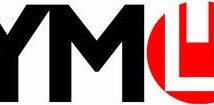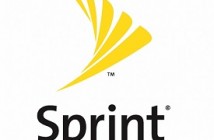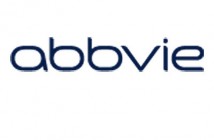The launch of PCSK9 inhibitors for the treatment of cardiovascular diseases might be a turning point in the treatment of heart related ailments. These inhibitors are innovative yet are pricey at the same time. There is a strong evidence that these inhibitors can reduce the likelihood of serious cardiovascular disease by approximately 50% and owing to this reason, they might be received in the market with arms outstretched.
The research carried on these PCSK9 inhibitors wasn’t sponsored by any one pharmaceutical entity; rather several studies were done on a smaller scale. For instance, Amgen, Inc. (NASDAQ:AMGN) and Sanofi SA (ADR) (NYSE:SNY) along with its partner Regeneron Pharmaceuticals Inc. carried out their individual researches on PCSK9 inhibitors. The accumulated results were presented forth on the yearly meeting of the American College of Cardiology.
The results which have been obtained so far are positive and have encouraged doctors to believe in their potency for treating cardiovascular diseases. Yet, despite this positive fervor, there is a realization of the need to carry out a more controlled research and on a bigger scale, so that the operating mechanism of PCSK9 inhibitors can be comprehended in a better manner. The studies which have been carried out so far indicate that these inhibitors are responsible for bringing down the cholesterol level in our bodies. Yet, despite this, there is no concrete evidence up till now, which would prove that these decreased low-density lipoprotein (LDL) levels are the major reason in action behind the prevention of a cardiovascular disease.
If these studies yield positive results, then undeniably PCSK9 inhibitors would become the center of attention in pharmaceutical markets.
Both Amgen, Inc. (NASDAQ:AMGN) and Sanofi SA (ADR) (NYSE:SNY) are in a competition to be the first company to launch this potential cardiovascular treatment in markets. Amgen Inc.’s (NASDAQ:AMGN) drug containing PCSK9 inhibitors has been named as Repatha; whilst Sanofi SA’s (NYSE:SNY) has been called as Praluent. These drugs claim to lower the cholesterol level by more than 60%. Furthermore, both of these drugs have applied for approval and probably would be hearing from the US Food and Drug Administration by this summer.
Statins have been the conventional drugs that have long since been deployed to prevent heart diseases from occurring. PCSK9 inhibitors are not meant to replace statins in the first place. Yet they can indeed serve as an added benefit to those patients who have not been showing a very positive response to statins.
There are speculations in the air regarding the pricey nature of PCSK9 inhibitors and policy makers have even expressed their concern about this. The estimates set forth by analysts state that the drug would probably generate an annual revenue of $12 billion; while for each patient, one year’s dose would range somewhere between $7000 to $12000.
This debate over pricing is similar to that which has been carried out regarding Hepatitis C drugs as well. Pharmacy-benefits managers have indeed managed to force out dramatic discounts so far, but analysts reckon that Amgen, Inc. (NASDAQ:AMGN) and Sanofi SA (ADR) (NYSE:SNY) wouldn’t be willing to do so for these drugs.



